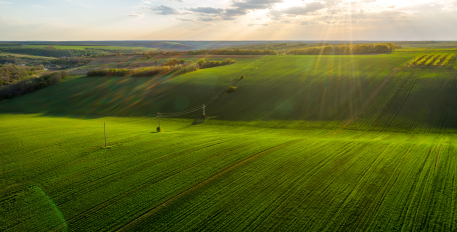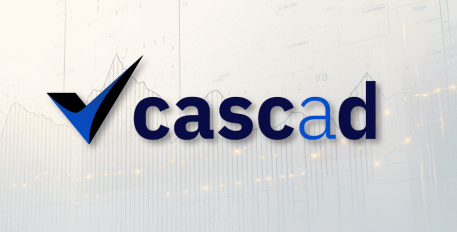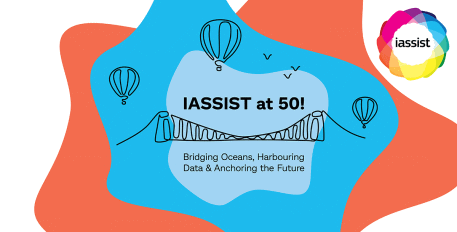With concerns about the environment, sustainable development and food sovereignty on the rise, CASD projects in the field of agriculture are on a roll.
To date, 232 people have used at least one source in this field, and the CASD provides them with a wealth of data, in the detail they need for their work. The data comes primarily from the French Ministry of Agriculture and Food Sovereignty (40 sources), but also from the Observatoire du Développement Rural, the Mutualité Sociale Agricole, the Établissement National des Produits de l’Agriculture et de la Mer (FranceAgriMer) and the Direction des Pêches Maritimes et de l’Aquaculture (DPMA).
At the top of the list of sources used, of course, is the General Census of Agriculture. However, a very large number of projects simultaneously use several other sources in the field, starting with the FADN (Farm Accountancy Data Network), and in some cases more than 10 sources. Several also make complementary use of sources from other fields, notably socio-economic data from the DGFIP and Insee, and from the French Ministry of Ecological Transition and Territorial Cohesion.
In addition to the traditional work on the evolution and typology of agricultural structures, farmers’ profiles and incomes, the impact of European subsidies and price trends, we are seeing an increasing number of projects focusing on ecological practices, the impact of agri-environmental measures on different sectors, and the re-territorialization of sectors.
For some of their projects, epidemiological cohorts are also finding the data they need to assess the health impact of plant protection products used in agricultural environments.
For all these issues, which are at the heart of the European Union’s agenda, the CASD’s ability to combine a wide range of agricultural data with environmental and health data, at the finest levels of detail for farm plots or information on farmers and employees, represents a future asset for research.
[All available CASD data by theme]





